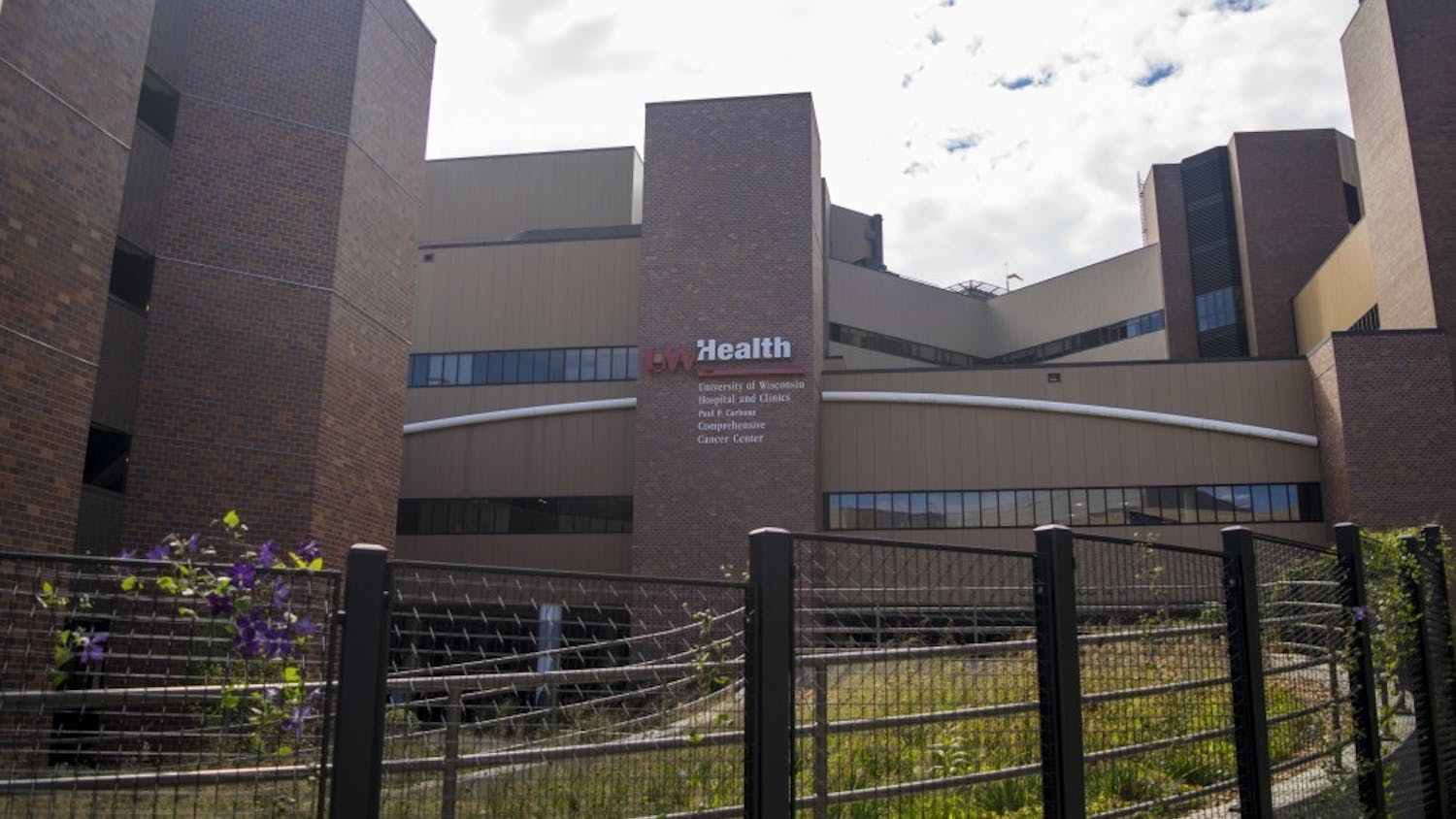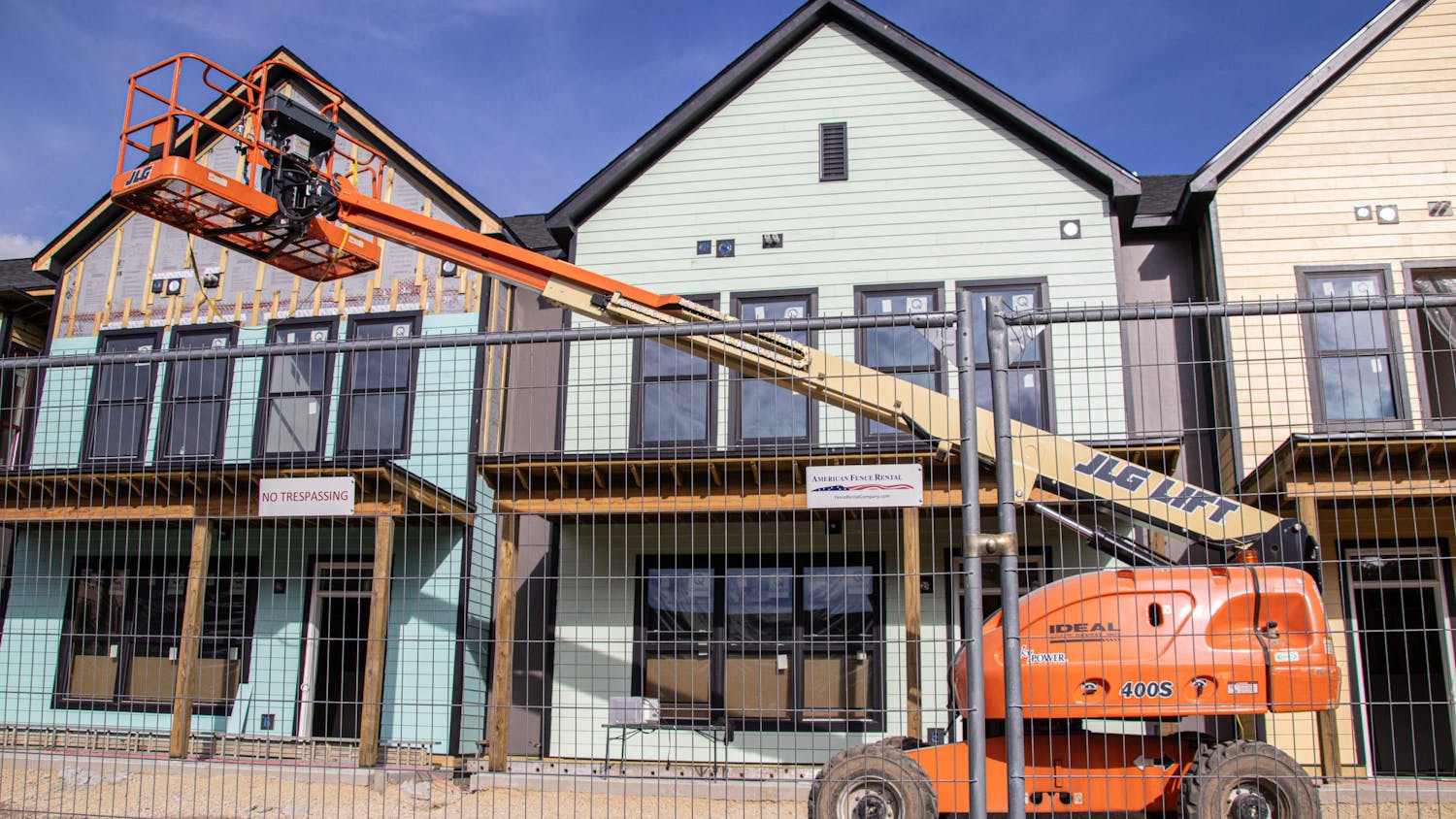Wisconsin Right to Life, an anti-abortion and non-profit organization, will have its case heard before the U.S. Supreme Court this spring.
WRTL was granted a hearing for its case Jan. 19. The case was brought because WRTL wanted to continue running a grassroots advertisement mentioning the name of U.S. Sen. Russ Feingold, D-Wis., 60 days before a general election in which he was running.
According to UW-Madison political science professor Kenneth Mayer, the McCain-Feingold Act of 2002 stipulates all money for ads within this 60-day period mentioning a candidate by name must use disclosed, legal campaign money.
WRTL did not disclose this money.
""We firmly believed it was a grassroots ad, meant to inform the public about a genuine issue before Congress, not one that would affect the election,"" said Barbara Lyons, the group's executive director.
However, because the ad did mention Feingold's name, Lyons said the group wanted to take their ad to court against the Federal Elections Committee to make sure it was legal.
The case went to a Washington D.C. District Court first, and a panel of three judges ruled in December the ad was legal.
Both sides of the case said they prefer an appeal. According to Lyons, ""We [WRTL] agree the Supreme Court should take up the case because it will be a more affirmative decision that would apply to the whole country.""
Jay Heck, executive director of Common Cause Wisconsin, a non-partisan government reform group, said he fears the loophole in the law this decision could make.
""The problem is that if the decision is upheld, it would allow the return of unlimited, unregulated money into our political system,"" Heck said.
According to Heck, even if the ad is not meant to influence an election, it can have this effect.
""The average citizen does not make the distinction between these types of ads and actual election ads,"" he said.
Despite the criticism from campaign finance reform supporters, Lyons said WRTL's case has the support of over 30 organizations that have submitted briefs to the court, including NARAL Pro-Choice, an abortion-rights group.
""We have very strong support because if upheld, it would benefit all types of organizations that want to exercise what is guaranteed—the right to petition the government,"" Lyons said.
Both sides will have a chance to present their arguments before the Supreme Court justices on June 30.





